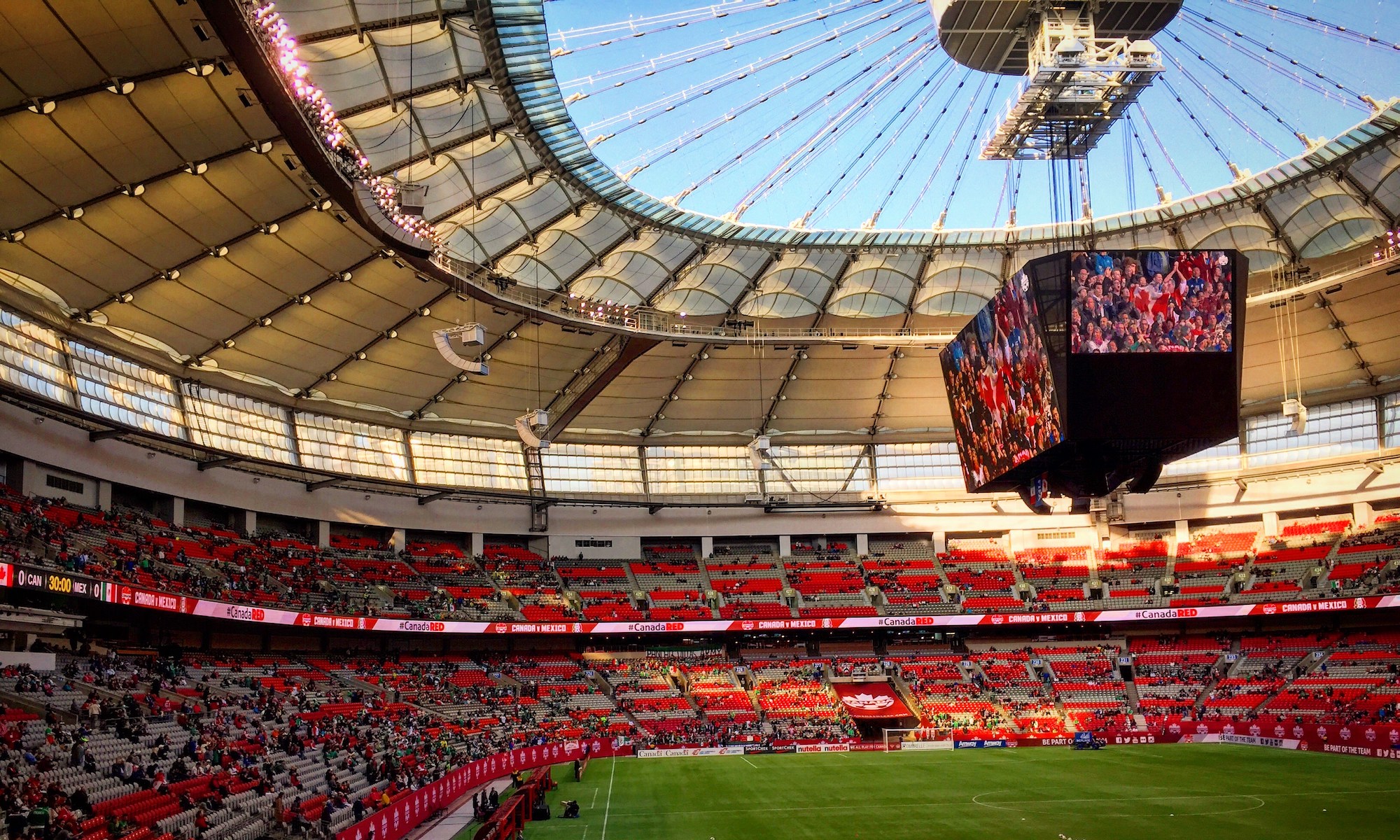This is a combination of two things that I find incredible interesting: hockey and neuroscience. Sounds strange, but my course of study in college was neuropsychology. I also played goalie in various rollerhockey tournaments on campus, so it kind of all makes sense, right?
It would seem that not only do you have to be physically fit to be a good goalie, but being cognitively fit is an added bonus.
Researchers at the University of Calgary’s Faculty of Kinesiology may have found the secret to highlight-reel goaltending with their comprehensive, on-ice hockey study on where elite goalies focus their eyes to make those dynamic blocker, glove and pad saves.
In a study to be published in the medical journal Human Movement Science, graduate student Derek Panchuk and professor Joan Vickers, who discovered the “Quiet Eye” phenomenon, found that the best goaltenders rest their gaze directly on the puck and the shooter’s stick almost a full second before the shot is released.
When they do that, they make the save over 75 per cent of the time.
“Looking at the puck seems fairly obvious,” Panchuk said, “until you look at the eye movements of novice goaltenders, who scatter their gaze all over the place and have a much lower save percentage than the elite goalies.” […]
“Goalies often focus on physical things like improving technique but they overlook the decision making — the cognitive side of things,” Panchuk said.
“I think this study shows that you also need to focus on your decision making and your thinking processes. Having optimal focus is just as important as being in optimal physical shape.” [cbc]
This also brings up the classic argument of nature versus nurture. It’s only logical to think that certain people are going to be born with traits that allow them to do this easier than others, but I’ve read enough studies to understand that the ability to train your brain for tasks like this is very possible. For some, this can be easier than others. It also makes me wonder if there is a correlation between goalies who play in college and their GPA.
More importantly, who did they use for this study? I would love to see how Luongo would test on this. All I do know is that when I finally started wearing contacts instead of glasses under my mask, my save percentage went up considerably. Keeping an eye on the puck is all I would ever do.

“..and the shooter’s stick almost a full second before the shot is released.”
Definitely the stick as well as the puck, checking for angles and what not. What does this say about ‘reflex’ goalies, especially in the past like Grant Fuhr or maybe even Curtis Joseph nowadays? Are/were they watching the puck only? Everything they stopped seemed to be at the last second.
Good question. There is something called “nueral response time” that weighs greatly to any action that a human does. Once again, some people are going to be predisposed to have a shorter amount of time than others. Who is to say that last second reaction by a goalie isn’t a delayed response nuerally, but the physical response of moving the correct body parts compensates for lost time? Another goalie with a faster response time might be able move with the puck, giving that impression that they just seemed to know where to be at the exact right time.
It all weighs on how fast your nervous system can interpret outside information. There are so many variables that you’ll never be able to account for the one exact way, relying on that cliche of every human being is unique.
I like nueroscience way too much. 😀